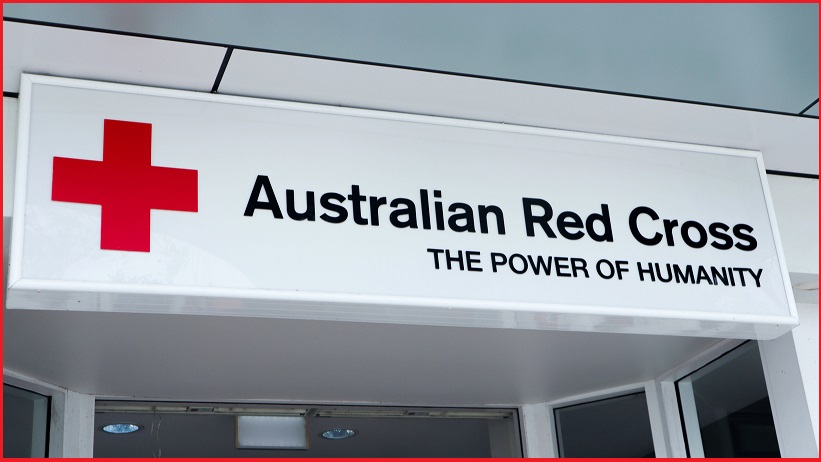Hundreds of bots were used in attempts to defraud the Australian Red Cross of money donated to bushfire victims during last summer’s devastating fires.
Speaking at the Bushfires Royal Commission that began this week, Programs Director at Australian Red Cross, Noel Clement, said the charity faced “significant cyber activity from the outset”.
Clement said the charity received around 900 “electronically generated” bot applications trying to access part of the Red Cross’ $216 million relief fund.
By Tuesday’s royal commission hearing, the Red Cross had handed out $83 million to assist people affected by the bushfires that destroyed over 2,500 homes, directly killed 34 people, and has been responsible for another 445 deaths from smoke inhalation.
Sifting through applications for people with legitimate claims was "a fairly significant effort", Clement said; one that was only exacerbated by the bots.
“We’ve had a very large number of applications that are either suspicious or we’ve been unable to verify the information that people have given us," he told the Royal Commission.
“Where we identify that there is fraudulent intent, we are referring those to police and we have been doing that.
“But we intend to go back through more of those applications to determine if more of them should be referred.”
More data, better response
The Red Cross was heavily criticised during an emotional and difficult summer for holding onto donations that people thought it should have been rushing to bushfire victims.
Part of Clement’s response was that an absence of reliable data made it difficult to provide the money where it was needed.
“Our main challenges in [distributing the money] have firstly been identifying people who have been impacted,” Clement said.
“There's been no single or shared list that we've been able to access that indicates to us, particularly, you know, those greatly impacted such as those whose homes were destroyed and damaged.”
In its voluntary submission to the Bushfires Royal Commission, the Red Cross called for more investement “timely, accurate, verifiable and ethically managed data systems” to aid future disaster relief efforts.
“As we confront a future of more disaster events, it is timely to consider how we can ensure that the systems and agencies which exist to respond to disasters can be more human-centred and can collaborate more effectively,” the Red Cross submission says.
“The lack of consistent information causes a range of logistical challenges in response planning and slows down the overall response and recovery planning.”
The charity recommends a national data sharing framework to allow cross-border information sharing, or otherwise a centralised database for disaster relief.
It also notes the lack of a "verified national system that gives data on property damage in real (or close to real) time”.










